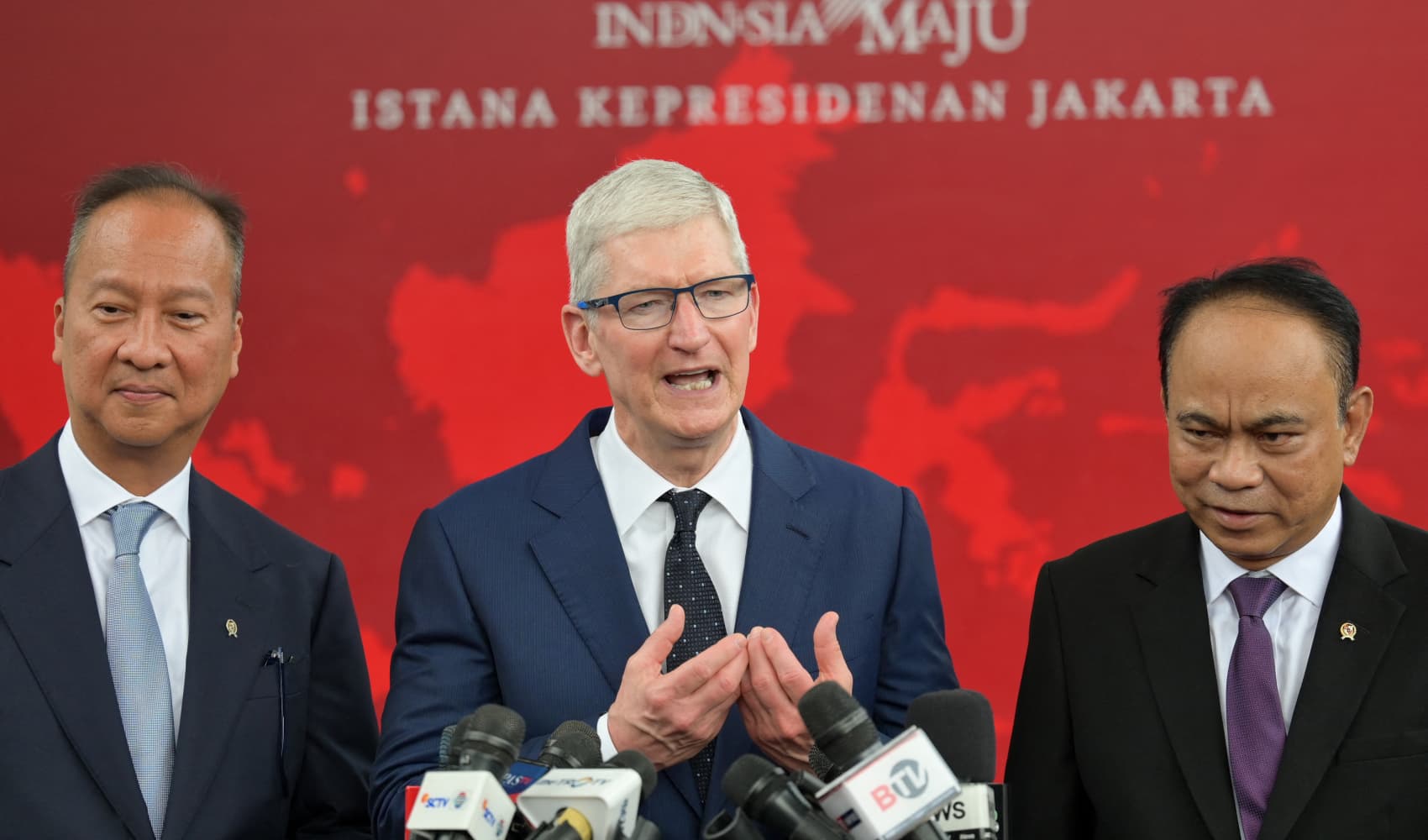
- Trump defended his vows to increase trade duties, including blanket tariffs of 10% or 20% and additional tariffs of 60% to 100% on China.
- Harris said Trump had "sold us out on China" and that policy should instead focus on winning the competitions of the 21st century, including on AI and quantum computing.

Donald Trump and Kamala Harris clashed on China policy during the presidential debate hosted by ABC News on Tuesday night stateside.
In her first statements, Harris took aim at Trump's tariff policy and his vows to pass blanket duties of 10% to 20% on all imports.
"My opponent has a plan that I call the 'Trump sales tax,' which would be a 20% tax on everyday goods that you rely on to get through the month," she said, adding that the policy would hit middle-class families.
Trump defended his tariff proposals, which include additional duties of 60% to 100% on China that would double down on a trade war he kicked off in his first administration.
"Other countries are going to finally, after 75 years, pay us back for all that we've done for the world, and the tariff will be substantial," the former president said, adding that his administration had taken in "billions and billions of dollars" from China.
Money Report
Some economists have estimated that U.S. businesses and end consumers bore the brunt of the tariffs Trump levied in 2018 and 2019 against the European Union and China.
Trump also pointed out that the Biden-Harris administration maintained most of his tariffs on China.
Feeling out of the loop? We'll catch you up on the Chicago news you need to know. Sign up for the weekly> Chicago Catch-Up newsletter.
"If she doesn't like them, they should have gone out and they should have immediately cut the tariffs," Trump said.
"They never took the tariff off, because it was so much money. They can't, it would totally destroy everything that they've set out to do."
In addition to keeping most of Trump's tariffs, the Biden administration in May raised tariffs on $18 billion of Chinese goods, including semiconductors and electric vehicles.
Economists generally agree that tariffs raise prices. Steve Kamin, senior fellow at the American Enterprise Institute, reiterated that point to CNBC's "Squawk Box Asia" on Wednesday, arguing that Trump's additional tariffs would be "both inflationary and contractionary."
Trump sought to downplay these concerns in the debate, arguing that American consumers would not be the ones paying for increased duties.
"What's going to happen and who's going to have higher prices is China and all of the countries that have been ripping us off for years," he said.
Meanwhile, Harris used her time in the debate to argue that the Trump administration had been too weak on China.
"Let's be clear that the Trump administration resulted in a trade deficit, one of the highest we've ever seen in the history of America," Harris said, adding that he had "invited trade wars."
"Under Donald Trump's presidency, he ended up selling American chips to China to help them improve and modernize their military," she said in an apparent reference to the current administration's efforts to restrict China's access to advanced semiconductors through policy such as the CHIPS and Science Act.
"[He] basically sold us out when a policy about China should be in making sure the United States of America wins the competition for the 21st century," Harris said.
"That requires focusing on relationships with our allies, focusing on investing in American-based technology so that we win the race, on AI, on quantum computing, focusing on what we need to do to support America's workforce."
Economists and policy experts previously told CNBC that Trump's economic policy on China in a second term would be expected to focus on heavy trade tariffs. In contrast, Harris is expected to lean more on targeted restrictions coordinated with U.S. allies.






